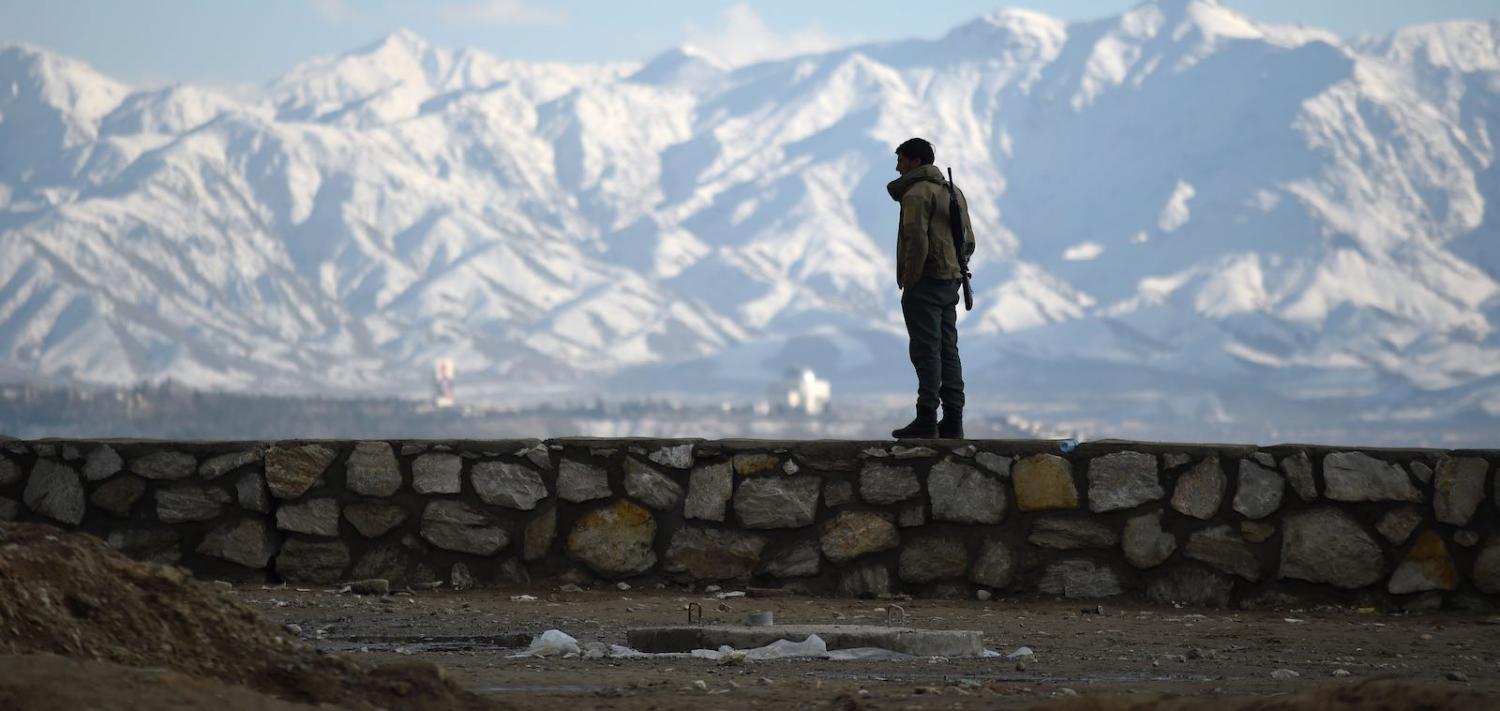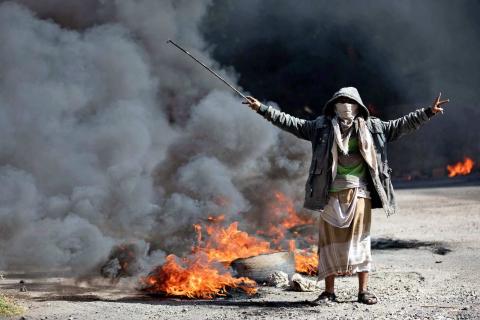It is clear that the Trump administration is seeking an exit from Afghanistan as soon as possible. US Special Envoy Zalmay Khalilzad has signalled that a deal is imminent with the Taliban. But we are yet to see if the deal entails a framework for the withdrawal of US forces to end 17 years of conflict or if it entails a plan for sustainable peace for Afghanistan after 40 years of war. The characteristics of the Taliban pose major challenges to achieve the latter.
History has shown that not all peace settlement negotiations lead to peace. Negotiations brought peace in Bosnia and genocide in Rwanda.
The characteristics of the actors involved are key indicators of whether a meaningful outcome will be achieved from negotiations.
The Taliban are not necessarily looking for a win-win outcome. They can easily break away from a peace agreement and continue fighting if their demands are not met.
Despite the urgency for peace in Afghanistan, it is important to take a step back and evaluate the characteristics of the Taliban in the context of a peace settlement. The Taliban weave an extreme ideology, use the tactics of terrorist organisations, and have adopted a territorial-based political view.
First, the Taliban do not have a track record of diplomacy. We do not have enough evidence to know whether the Taliban will keep their promises when implementing a peace deal. More guarantees are needed.
So far, we know that the Taliban have adopted a rigid position, and rigid positions are easier to stick to. But negotiation is about flexibility, give and take, and the Taliban have historically not been good at give and take. Moreover, there is hasn’t yet been a sign of good faith from the Taliban in terms of negotiating future arrangements, which may indicate that these details have not been thought through or fully understood.
The lack of detail about future arrangements is feeding into Afghan people’s concerns and hesitancies about Khalilzad’s initiative for peace. The Taliban have refused to engage with key actors in the process and have adopted a short-term focus; honing on the withdrawal of US forces and declining to talk face-to-face with the Afghan government.
Second, the Taliban ideology helps us to understand their persistence in war. Unlike the other stakeholders of the Afghan conflict, the Taliban are not in a hurry to push through a peaceful resolution. The Taliban have fought for almost two decades for a cause, and are willing to fight longer if their demands are not met. They believe in determined destiny: God is on their side and He does not give them everything quickly and easily. The ongoing struggle is a test from God and one must accept sacrifices, hardship, rituals, and should not lose confidence.
The Taliban are not necessarily looking for a win-win outcome. They can easily break away from a peace agreement and continue fighting if their demands are not met. Peace settlement research shows that the chance of withdrawal from a signed peace agreement is a lot higher than the implementation of an agreement. The chances of this are even higher with ideological groups claiming righteousness and jihad as a justification – and the Taliban has made no effort to indicate that they have changed ideologically.
Third, Pakistan has a longstanding role in sustaining the Taliban. In addition to providing sanctuary, Pakistan has a strong degree of influence on the Taliban’s decisions and actions. Recently, experts surmised that the Trump administration persuaded the United Arab Emirates and Saudi Arabia to pay $12 billion dollars to Pakistan to bring the Taliban to the negotiating table. If true, this reaffirms the continued leverage Pakistan has over the Taliban and raises questions about the Taliban’s normative commitment to peace.
The Taliban’s lack of autonomy limits the group from becoming a diplomatic actor to ensure consistency in decisions and actions. This jeopardises the chance of sustainable peace unless the Taliban cuts ties with Pakistan and act as a political actor, not a proxy.
Fourth, the legitimacy of a representative is a significant element of peace negotiations. A representative must have the authority and capability to bind all layers of the organisation together with his or her signature. The release of Mullah Abdul Ghani Baradar, once second-in-command of the Taliban movement, from Pakistani custody, suggests that the US has been searching for a figure in the Taliban leadership with authority and credibility. It is problematic to presume that such a representative exists within the loose chain of the movement.
After almost a decade of absence from the ground, Mullah Baradar’s influence and authority are questionable. Additionally, earlier reports indicate that Mullah Baradar suffered from serious mental deterioration while in custody and was being sedated. The challenges of representativeness will emerge in the practical steps of a peace settlement – assuring the delivery of a message to all layers of the organisation and its implementation.
With the fifth-round of talks in Doha, the momentum is building for a peace deal. The opportunity is for the Taliban to take, and it will be up to them to depart from an ideologically dependent and military movement to a diplomatic actor with an agenda for peace for the people of Afghanistan. Even then, the Taliban will have a long way ahead to win the hearts and minds of the Afghan people. In the 2018 Asia Foundation Survey, 82.4% of the participants reported that they have “no sympathy at all” for the Taliban.
The actors in the Afghan conflict need to acknowledge and recognise that the people of Afghanistan deserve dignified peace and sustainable security. The Afghan government can at least prepare an inclusive team to negotiate from a position of unity, not from a position of fragmentation. Peace should stretch beyond political differences among the Kabul elites but become a goal that strengthens their position as representatives of the people of Afghanistan.
Peace requires genuine commitment and a meaningful peace will have to be one that will last.

